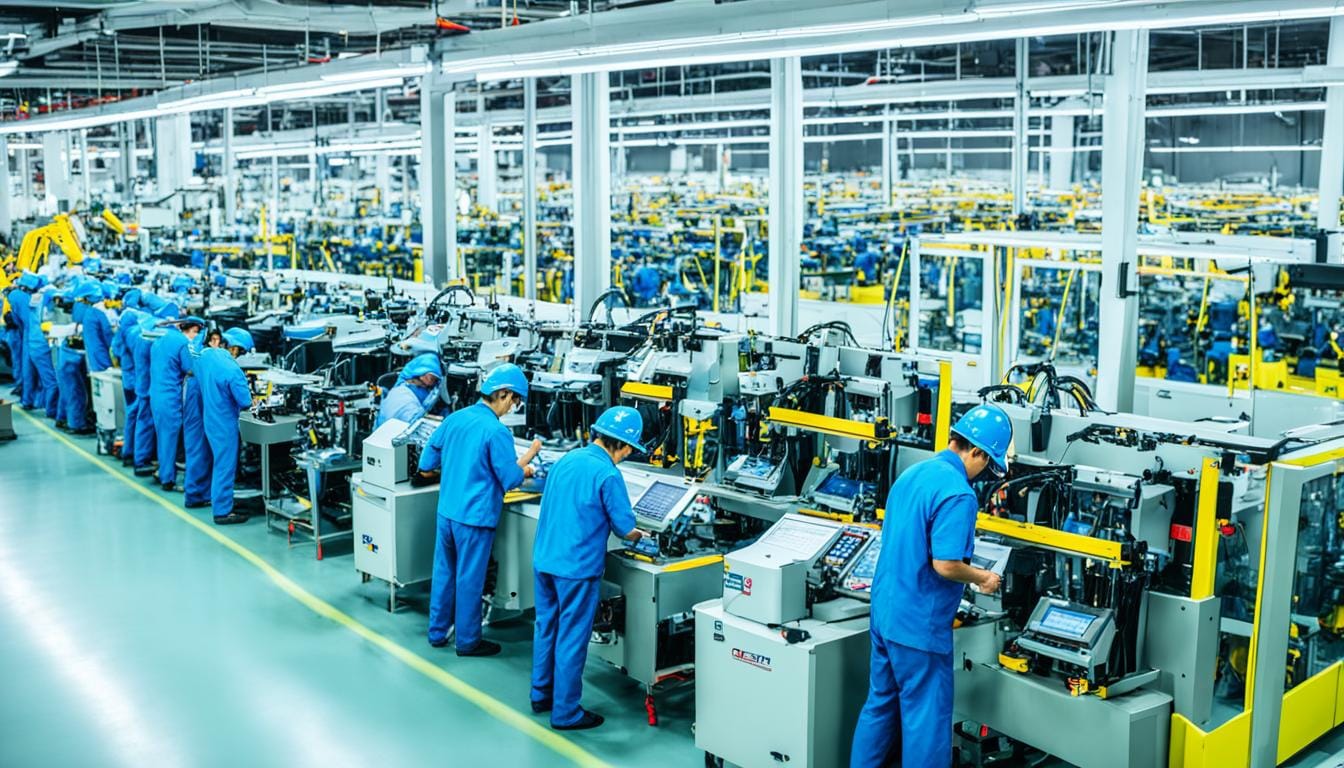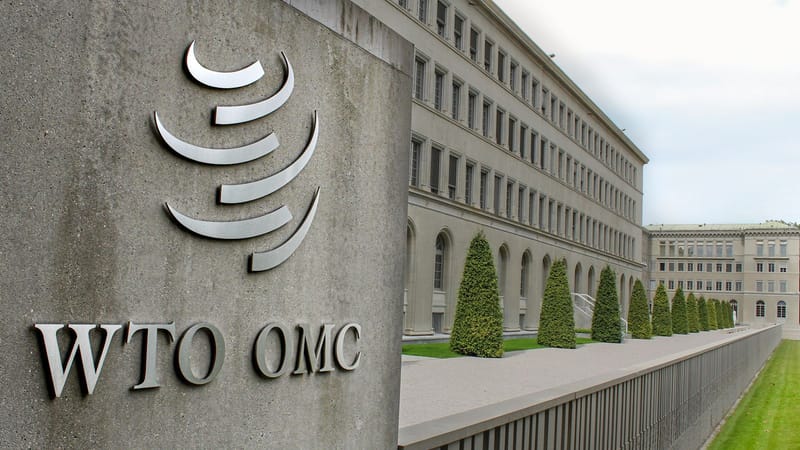Thailand’s Manufacturing Sector Faces Challenges Amid Rising Costs and Competition
Thailand's industrial sector faces a downturn as rising costs and cheaper imports, especially from China, hit its manufacturing-driven economy.
Thailand's industrial sector, a significant contributor to the nation’s economy, is experiencing a downturn as manufacturing, which accounts for nearly a quarter of the country’s GDP, is being hit by rising costs and competition from cheaper imports, particularly from China.
One manufacturing company stands out as a beacon of resilience, having diversified its operations beyond car parts during the 1997 Asian financial crisis. The company’s strategic shift to the medical devices and agricultural machinery sectors has paid off. Reflecting on past challenges, a company representative stated, “We had zero orders and couldn’t sell any parts. So, we changed our strategy to expand into the medical devices and agriculture machinery industries.”
However, not all have adapted similarly. Government data reveals that nearly 2,000 factories have closed in the past year, leading to over 50,000 job losses. This trend has left many workers, especially older ones, in a precarious situation. One affected individual lamented, “I’m worried because I’m not young anymore. I lost my job at an age when it’s going to be so much harder to find one.”
The job market's bleak outlook is evident in the once-bustling public notice boards, now largely abandoned, that used to advertise numerous job opportunities. Although new factories, such as Chinese electric vehicle manufacturer BYD, are opening, their impact is overshadowed by closures like that of Japanese company Suzuki, which recently announced the shutdown of one of its facilities.
Adding to the sector’s woes is the government’s planned increase in the daily minimum wage to just under $11. Industry experts caution that this move could drive more factories out of Thailand, exacerbating the already challenging environment. "We need to be careful with the wage increase," warned one industry insider. "Many factories have relocated in the past decade due to higher minimum wages."
Companies with a long-standing presence in Thailand, like the diversified manufacturer, remain hopeful that their focus on quality over price will sustain them through the economic turbulence. However, with both domestic and international challenges mounting, it remains to be seen if this strategy will suffice.
Key Points:
- Thailand’s manufacturing sector, contributing nearly 25% of GDP, is facing significant challenges.
- Rising costs and cheaper Chinese imports are reducing Thailand’s competitive edge.
- A notable manufacturing company has diversified successfully into medical devices and agricultural machinery.
- Almost 2,000 factories have closed, resulting in over 50,000 job losses in the past year.
- The job market is struggling, with fewer opportunities for higher-income positions.
- New factories like BYD are opening, but closures like Suzuki's plant are countering these gains.
- The government’s planned minimum wage increase could push more factories to relocate.
As Thailand navigates these turbulent economic waters, the resilience and adaptability of its industrial sector will be crucial to its recovery and future growth.







